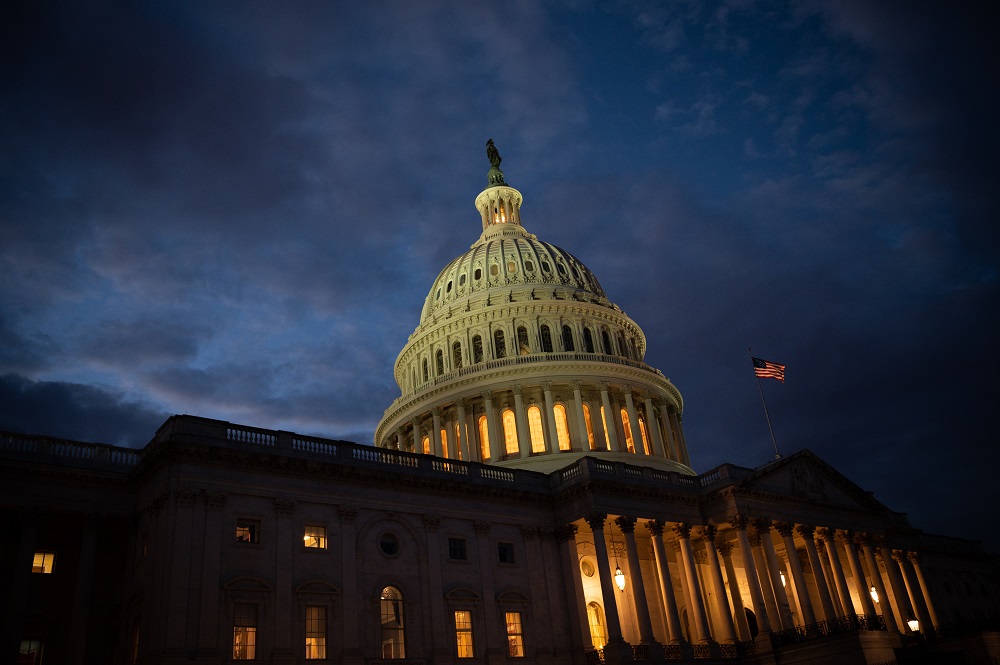
January 8, 2024
How to Actually Triumph over Poverty
On this day in 1964, President Lyndon B. Johnson declared an unconditional war on poverty in America during his State of the Union address. Six decades later, the nation has made tremendous strides, including a sizable reduction in the poverty rate as Americans enjoy an improved standard of living. Yet we have not won the war. Success…

December 19, 2023
How to Better Measure Poverty

December 18, 2023
The State of Democratic Capitalism: 2023
How to assess the health of democratic capitalism in the United States? Fundamentally, it is very strong. The marriage of democratic politics and a free-market economy continues to strengthen each, with free markets generating the employment opportunities and prosperity that lead to widespread support for our political system and the rule of law, strengthen democratic…

December 15, 2023
Pro-Family Policy Priorities for States
Introduction America’s system of federalism means that the is- sues that most directly impact the lives of parents and families are often most appropriately dealt with at the state level. While many conversations about how to make family life more affordable and achiev- able in the U.S. tend to focus on the federal tax code,…

December 14, 2023
The Myth of the 1%
The skewing of income toward the top 1% of earners has become a central issue in American politics, with both Republicans and Democrats proposing higher taxes on the rich. But new research finds that it may not be true, suggesting that policymakers would do better to focus more on helping the working class. WASHINGTON, DC—For…

December 13, 2023
Stronger Families, Safer Streets
The debate about how best to respond to urban crime—a debate that has become more important in light of recent increases in violent crime and homicide in many cities across America—has tended to focus on two perspectives. The first prioritizes tackling the “social structural factors” (unemployment, economic inequality, poverty, etc.) that are thought to be…

December 11, 2023
Has Inequality Made Americans Poorer than Bulgarians, Russians, and Filipinos?
A recent column by John Burn-Murdoch in the Financial Times presents statistics side-by-side showing that “the wealthiest Americans are the richest people in the developed world, but America’s poorest are also the most likely to go hungry.” The chart buttressing the latter part of that conclusion shows that in over 12 percent of American households,…

December 8, 2023
Room for Compromise on the Hot Foods Act
Last month, members of the House of Representatives and Senate sent a letter encouraging Farm Bill negotiators to consider the Hot Foods Act. The legislation would allow recipients of the Supplemental Nutrition Assistance Program (SNAP, formerly food stamps) to use their benefits on hot prepared meals sold at grocery stores. Currently, the program restricts hot foods from purchase…
November 30, 2023
Evaluating the Success of the War on Poverty Since 1963 Using an Absolute Full-Income Poverty Measure
Abstract We evaluate progress in the War on Poverty as President Lyndon B. Johnson defined it, which established a 20% baseline poverty rate and adopted an absolute standard. While the official poverty rate fell from 19.5% in 1963 to 10.5% in 2019, our absolute full-income poverty measure—which uses a fuller income measure and updates thresholds…

November 30, 2023
A Valuable New Perspective on America’s War on Poverty
I suppose if you’re someone who thinks American capitalism has failed and unironically uses the phrase “late capitalism,” there’s probably no changing your mind. So I guess this post is meant for folks who have concerns about the American economy yet also have an open mind about new information. For this group, I have a…